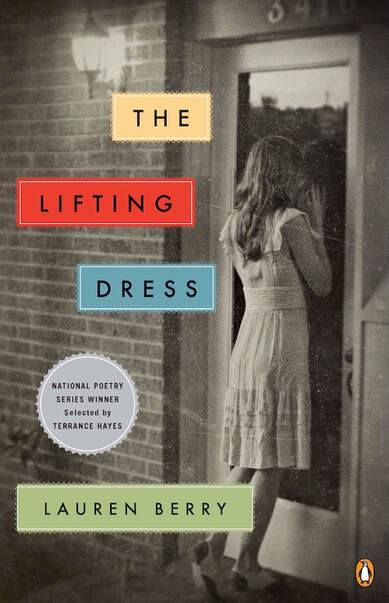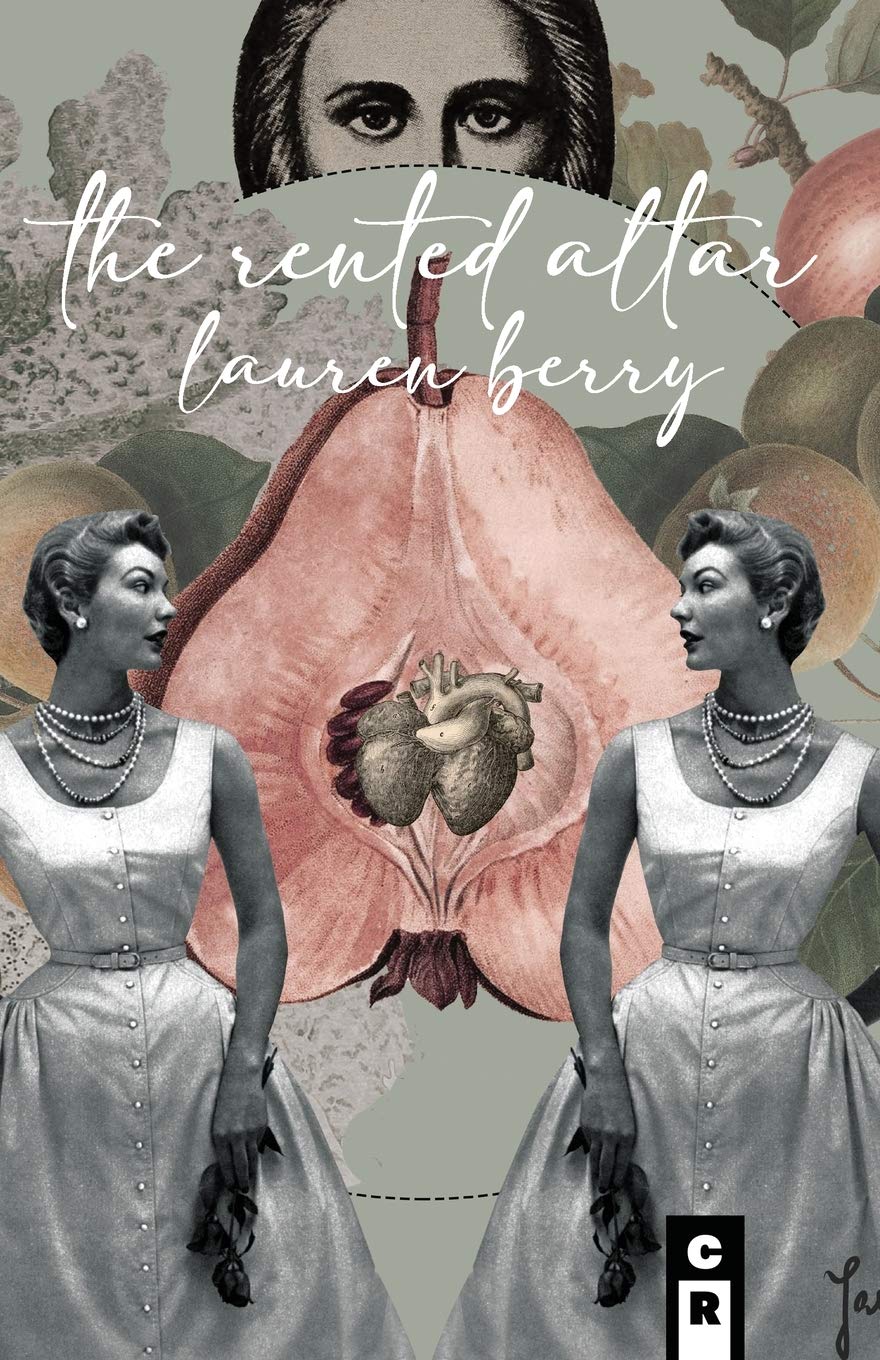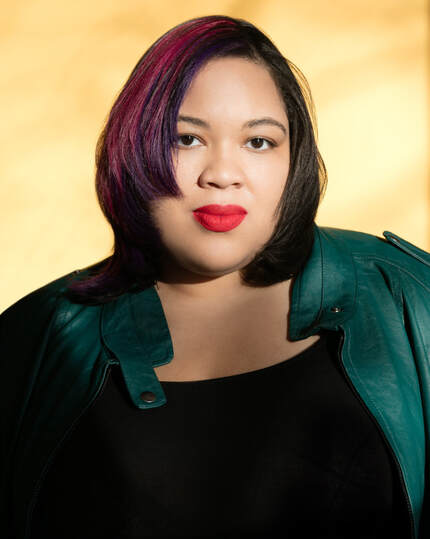READERS TELL ALL.
Did I read a lot in 2022? YES! Was it enough? NO! Is it ever enough? NO! IT IS AGONY! Here are my favorite 2022 releases:
|
AuthorWrite something about yourself. No need to be fancy, just an overview. Archives
December 2022
Categories |




 RSS Feed
RSS Feed
